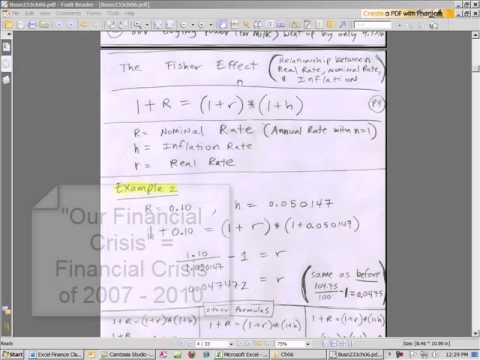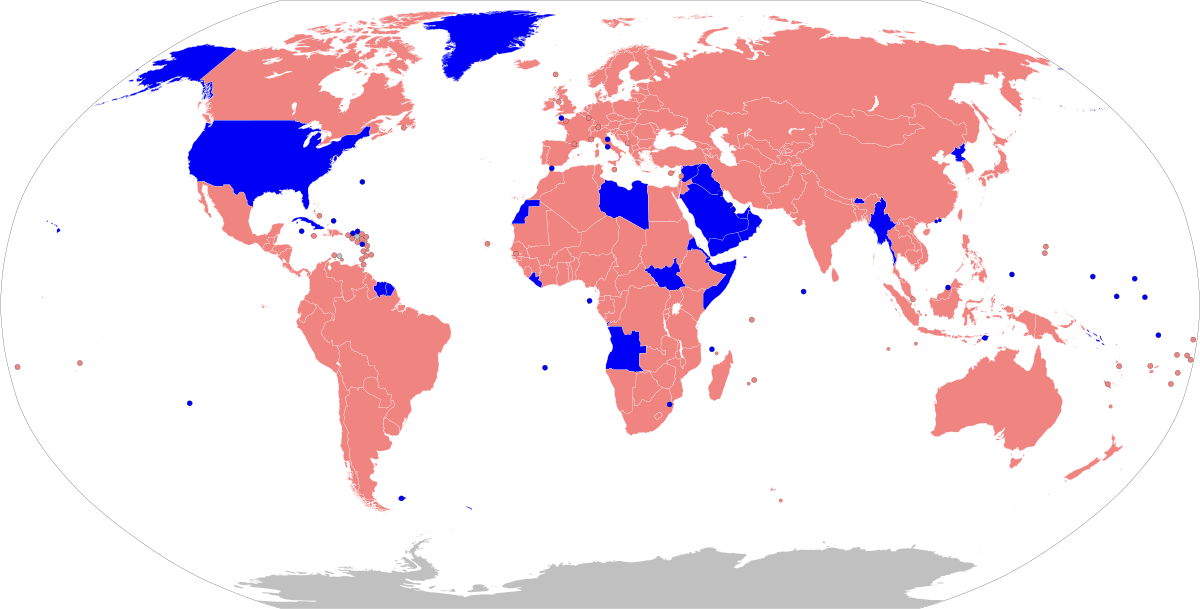- Your cart is empty
- Continue Shopping
OTC Pink: Definition, Company Types, Investment Risks

The OTC market is arranged through brokers and dealers who negotiate directly. An advantage of the OTC market is that non-standard quantities of stock or shares can be traded. Alternative investments, including OTCs, are risky and may not be suitable for all investors.
Despite the restrictions on who can view quotations, the Expert Market does not impose restrictions on who can trade securities. Rule 15c2-11 governs a broker’s ability to submit, publish or distribute quotations (i.e. bids and offers) in OTC securities. The Rule does not apply to the underlying transactions or the ability of an investor to buy or sell a security. Quotations in Expert Market securities are restricted from public viewing. Only broker-dealers and professional or sophisticated investors are permitted to view quotations in Expert Market securities. Because of the lack of reporting requirements, only professional and sophisticated investors with a high risk-tolerance should trade here.
What Is OTCQX? Definition, Criteria for Stocks, and Other Tiers
Boiler rooms would sell massive volumes of these stocks over the phone to people at home. A listed stock trades like a live auction, with buyers and sellers matching when they agree on a price. Remember, they’re off-exchange markets run by broker-dealer networks. OTC markets are off-exchange markets for broker-dealer networks that allow participants to buy and sell shares.
Rather, the stock simply goes from being traded on the OTC market, to being traded on the exchange. In trading terms, over-the-counter means trading through decentralised dealer networks. A decentralised market is simply a market structure consisting of various technical devices.
What Is the OTCQB?
You’ll also find stocks on the OTC markets that cannot list on the NYSE or the Nasdaq for legal or regulatory reasons. Companies that operate cannabis-related businesses often have to list on the OTC markets because marijuana is still illegal on the federal level in the U.S. Derivatives are private contracts arranged by a broker and can be exotic options, forwards, futures, or other agreements whose value is based on that of an underlying asset, like a stock. The equities that trade via OTC are often small companies prohibited by the $295,000 cost to list on the NYSE and up to $75,000 on Nasdaq. Some well-known large companies are listed on the OTC markets, such as Allianz SE, BASF SE, Roche Holding Ag, and Danone SA.
- Some legitimate companies exist on the Pink Sheets, however, there are many shell companies and companies with no actual business operations listed here.
- OTC Markets Group, the largest electronic marketplace for OTC securities, groups securities by tier based on the quality and quantity of information the companies report.
- Shares that are traded OTC tend to be cheaper than those listed on a centralized exchange.
- In contrast, NYSE regulations limit a stock’s symbol to three letters.
- Its banking subsidiary, Charles Schwab Bank, SSB (member FDIC and an Equal Housing Lender), provides deposit and lending services and products.
Notably, Penny Stocks, shell companies, and businesses in bankruptcy are never traded on the OTCQX. Frederick explains how these tiers work and the level of risk at each. Many or all of the products featured here are from our partners who compensate us. This influences which products we write about and where and how the product appears on a page. Keep in mind that these are only examples of these stocks and how they operate.
Understanding Over-the-Counter Markets
Get tight spreads, no hidden fees, access to 11,500 instruments and more. Get tight spreads, no hidden fees and access to 11,500 instruments. Get a better understanding of what OTCs are and how you can incorporate them into your trading or investing strategy. In this guide, you’ll learn what OTC (Over-the-Counter) is and what are the types of OTC Markets, as well as the advantages and disadvantages of trading on this market.
U.S. SEC Adopts Amendments to Expand FINRA Oversight of … – Sidley Austin LLP
U.S. SEC Adopts Amendments to Expand FINRA Oversight of ….
Posted: Mon, 28 Aug 2023 07:00:00 GMT [source]
With the right broker, you can trade on the OTC markets the same way you can trade on an exchange. Most brokers charge commissions on OTCs — even brokers that are usually commission-free. These days, in addition to providing quotation services, OTC Markets provides information. Its website has up-to-date information on news, volume, and price.
When Does the OTC Market Open?
On the other hand, many OTC stocks are of highly speculative businesses or even outright fraudulent companies involved in pump-and-dump scams. The OTC Markets Group operates some of the most well-known networks, such as the Best Market (OTCQX), the Venture Market (OTCQB), and the Pink Open Market. Although OTC networks are not formal exchanges such as the NYSE, they still have eligibility requirements determined by the SEC.
- Usually, there is no or little information about the business itself, or financial reports.
- OTC (over the counter) is the stock market version of “for sale by owner.”
- NASDAQ, for example, charges companies up to $163,000 to be listed, assuming they qualify.
- These large foreign stocks are frequently global household names.
- Over-the-counter (OTC) is trading securities via a broker-dealer network as opposed to on a centralized exchange like the New York Stock Exchange.
Penny stocks, shell companies, and companies in bankruptcy cannot qualify for a listing on the OTCQX. Over-the-counter, or OTC, markets are decentralized financial markets where two parties trade financial instruments using a broker-dealer. Among assets traded in the over-the-counter market are unlisted stocks. https://1investing.in/ When a company is unlisted, it is public and can sell stocks, just not on a security exchange such as Nasdaq or the New York Stock Exchange. Over-the-counter (OTC) markets are stock exchanges where stocks that aren’t listed on major exchanges such as the New York Stock Exchange (NYSE) can be traded.
On the OTC, it is possible to find stocks, debt securities, and derivatives that usually are not traded over traditional stock exchanges. Although exchange-listed stocks can be traded OTC on the third market, it is rarely the case. Usually OTC stocks are not listed nor traded on exchanges, and vice versa. OTC markets are a better fit for bonds than stock exchanges because of the large size of trades, number of bonds traded, and the infrequent trading of bonds.

This feature allows it to replace the Over-the-Counter Bulletin Board (OTCBB), which was a quotation-only system. The OTC market also consists of shares of companies that do not wish to meet strict exchange requirements. Some businesses do not want to pay the cost the exchanges charge.
A derivative is a security with a price that is dependent upon or derived from one or more underlying assets. The most common underlying assets include stocks, bonds, commodities, currencies, interest rates, and market indexes. Depending on where derivatives trade, they can be heuristic definition psychology classified as over-the-counter or exchange-traded (listed). Over-the-counter (OTC) or off-exchange trading or pink sheet trading is done directly between two parties, without the supervision of an exchange.[1] It is contrasted with exchange trading, which occurs via exchanges.
OTC Markets
As a result, it is vital to emphasize that in order to reduce risks, the investor should find a reputable broker-dealer for negotiating the trades. OTC markets are electronic networks that allow two parties to trade with each other using a dealer-broker as a middleman. A price for a stock is posted (the “ask”), and then investors make offers for it, bidding against each other. OTC Pink provides for transparent trading and best execution, although there are no financial standards or disclosure requirements.

No, Pink Markets are not the same as major stock exchanges like the NYSE or NASDAQ. They operate over-the-counter, meaning trades occur directly between parties rather than through a centralized exchange, and they typically involve stocks that do not meet the listing requirements of major exchanges. Instead of providing an order matchmaking service like the NYSE, these dealers carry inventories of securities to facilitate any buy or sell orders. Because information was initially printed on pink paper, the OTC Pink is also referred to as the Pink Sheets. The over-the-counter or OTC market is a decentralized market where securities not listed on major exchanges are traded directly by a network of dealers.
